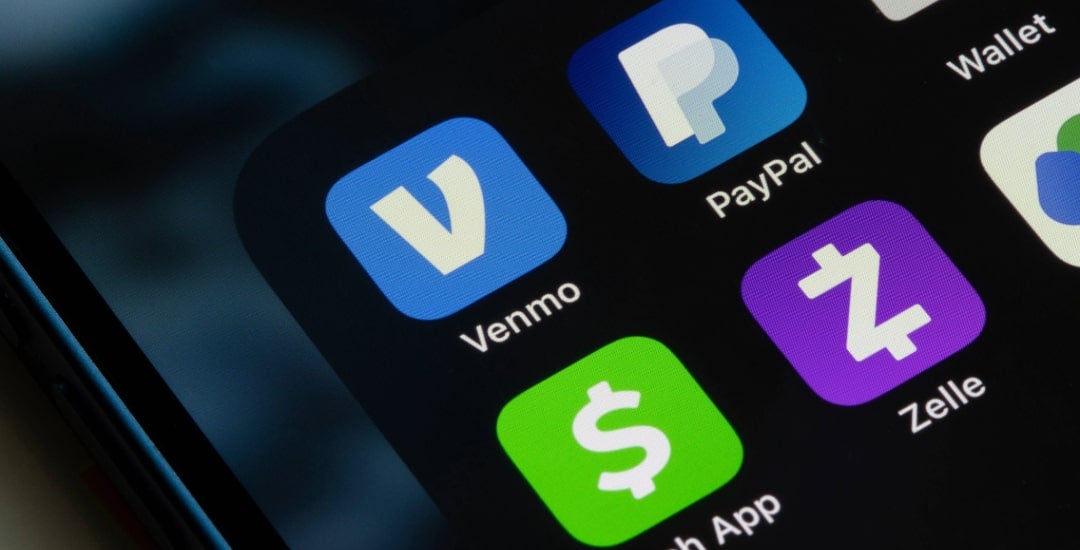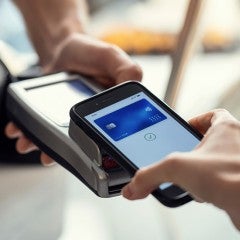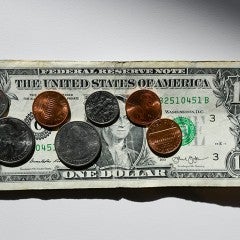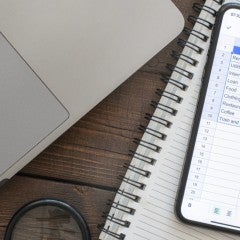The new data adds deeper insight to a November report by the Federal Deposit Insurance Corp. that found nearly 1 in 10 adults in the Houston metro did not have a bank account in 2023, more than double than the national rate.
The Kinder Institute’s analysis suggests that almost 600,000 of the 3.6 million adults in Harris County are unbanked. The county is home to a higher concentration of unbanked individuals than the metro overall. Some neighborhood areas have even higher rates: 8 of 30 areas studied had as many as 1 in 4 without bank accounts.
The neighborhood areas with the highest percentage of unbanked residents include Aldine Northwest & Cypress Creek (33%), Greater East Little York (32%), Northside & Eastex (30%), Greenspoint & IAH (30%), Sunnyside & South Union (29%), Memorial & Briar Forest (29%), Greater Northshore & Galena Park (27%) and Five Corners & Minnetex (26%).
The Kinder Institute’s findings are based on responses from 5,000 Harris County residents who are part of the Greater Houston Community Panel. The survey was conducted in late 2024.
“When someone isn’t able to access banking, while they can still set aside money in a rainy-day fund, it is less secure and less protected, while also being more easily accessible — the end result being that … financial security becomes harder and more precarious to achieve,” said Daniel Potter, the lead author of the snapshot and director of the Houston Population Research Center, which houses the GHCP.
The FDIC’s study indicated that Black, Hispanic and American Indian or Alaska Native households were disproportionately unbanked. Additional household characteristics included lower-income, less-educated, working-age households that include someone with a disability, households with incomes that varied from month to month and single-parent households. The two most-cited reasons for being unbanked were not having enough money to meet minimum balance requirements and not trusting banks.
Research analyst Joy Njeh said that in addition to making it more difficult to establish long-term financial stability, the absence of traditional banking can also lead to other financial setbacks because it prevents consumers from establishing a credit history, making affordable loans or credit cards inaccessible.
“Without access to traditional banking services, people are often forced to rely on costly alternatives like payday loans or check-cashing services, which can drain their financial resources,” Njeh said. “These options usually come with high fees and interest rates, making it harder to save or build wealth.”
While the Kinder Institute survey snapshot does not suggest that financial technology apps are being used in place of traditional banking, 44% of Harris County residents said they used apps like Cash App, PayPal or Venmo in the past 12 months.
Schirell Sidney is the senior manager of community investments at United Way of Greater Houston, where she oversees the THRIVE initiative, which funds over 40 agencies that provide asset building, financial coaching and workforce support. She said that while fintech platforms may be convenient and offer some features that bank accounts do, they are not a safe resource to replace traditional banking altogether.
“We work with a number of people who swear by fintech apps, but they just don’t offer people the same security as a bank account,” Sidney said. “When they lose their money on these platforms, it’s not a committed relationship. They might not get their money back because the money is not insured. These accounts can be hacked into or funds can mistakenly be sent to the wrong person. There’s a number of risks.”
The Kinder Institute survey found 26% Harris County residents have used buy-now, pay-later services for clothing, electronics and grocery purchases in the past 12 months. Among them, 62% said they did so because they needed to spread out payments over time, and 47% said it was more convenient than other payment options. However, over 20% reported missing at least one payment.
“It’s definitely something that is tempting,” Sidney said. “Taking advantage of these apps allows people to buy clothes from their favorite websites or make other purchases when they don’t have the money. When you have all of these pieces around you, if it's not kept in the proper perspective you're going to bankrupt yourself. If you stack product on top of product, you may not be a good steward over the funds that you have.”
In addition to its THRIVE initiative, United Way is also a partner in the city’s Bank On Houston program for unbanked or underbanked communities. Bank On Houston was initially established in 2008 by then-City Controller Annise Parker, and was reintroduced in 2024 by current City Controller Chris Hollins.
“Bank On Houston works with different banks to have them provide certain accounts that support the clients we’re dealing with, which are free of fees or have overdraft protection,” Sidney said. “Sometimes without overdraft protection, it will put a client on a never-ending cycle, and they're never able to become more financially stable.”
According to a Kinder Institute report in January, two-thirds of Harris County residents are financially vulnerable, and about 30% of residents did not have enough money saved to cover two weeks of expenses.
Njeh said being unbanked adds another layer of vulnerability.
“Without a bank account, budgeting and saving become much more difficult,” Njeh said. “People have to carry cash, which makes it harder to keep track of their finances. Without reliable tools to track spending, it’s easy to overspend or miss important payments. On top of that, without automatic savings or direct deposit options, it becomes much harder to consistently save money.”





